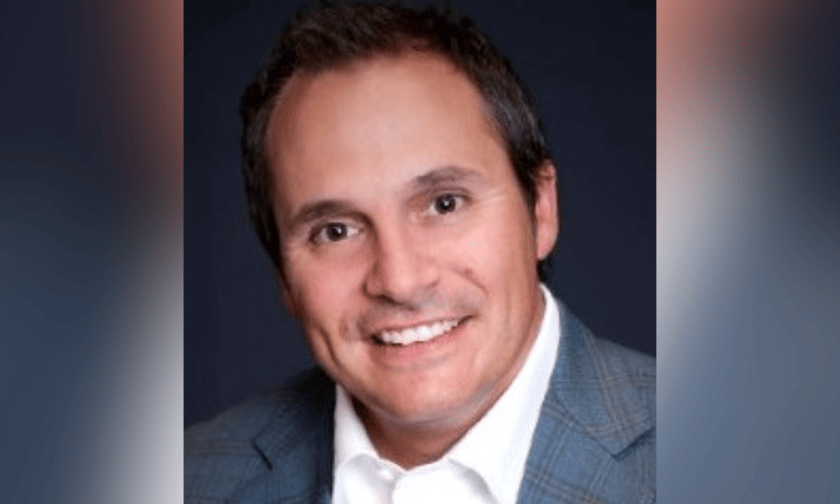

The biggest misconception when dealing with insurance policies? A lack of comprehension around what is and isn’t listed, according to one insurance pro.
At Frank Barbella’s firm SOLV, a Marsh McLennan Agency Company, a team of specialized underwriters and claims experts conduct thorough risk diligence, often uncovering significant policy flaws in clients preexisting coverage.
"The biggest misconception is that all brokers read the policies and make sure that there's adequate coverage,” said Barbella (pictured above), a risk management advisor at Marsh McLennan Agency (MMA). “A client typically doesn't find that out until there's a claim – which is the wrong time.”
That’s where Barbella and his team step in, helping clients avoid surprises during a time of crisis. “We understand relationship and price are very important to clients and it's the way [policies are] written today,” he told Insurance Business. “We feel that although those two things are important, what's more important is that there's coverage at the time of claim.
"100% of the time that we do risk diligence work on insurance policies, we find major coverage issues.”
One striking example Barbella shared involved a financial institution raising substantial amount of capital, only to discover through SOLV’s extensive risk diligence that their $3 million cyber policy was severely deficient. Their first-party business interruption coverage was reduced from $3 million to $100,000 and their ransomware coverage was reduced from $3 million to $0 ,which are some of the biggest exposures a bank has.
Compound that with AI’s impact on the sector and it’s clear that the future of insurance is anyone’s guess. Data from McKinsey found that 25% of the insurance sector will be using AI in some capacity by 2025. What’s more, a report from Rackspace found that over six in 10 insurers have cut staff because of AI rollout.
But how much of this is hype – and how much will we see that come into play in 2024? According to Barbella, his own venture into AI platforms only solidified his belief that humans will always play a central role in the sector.
“There still needs to be some type of human element to it,” he said. “That's really reading that definition … of professional service to make sure that they're covering all the exposures that they have.”
Whether or not you’re investing in AI, there’s no denying that the sector is undergoing monumental transformation right now. For Barbella, this is manifesting in premiums, carriers and consumer uncertainty.
“The insurance marketplace is very interesting right now,” he said. “Premiums have been going up dramatically and not just in one area. You can see carriers are starting to realize we don't quite understand all the exposures we have. They might have too much concentration in one area or their pricing might be below market – and I think a lot of that is due to insurtech firms helping them understand these opportunities and exposures. The bright side is we hope this will help profitability which will in turn help insured’s better manage their risk, exposures and budget.”
To ensure manageable premiums, it’s important for clients to have competitive options, despite today’s turbulent marketplace, Barbella said.
“I think the biggest issue that consumers are going to face, whether it's commercial or personal insurance, is the consolidation of carriers – and carriers getting very finite on what they're writing,” he said.
